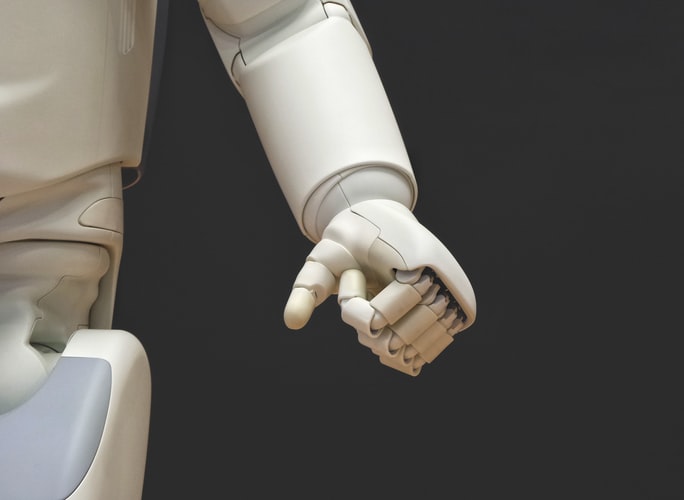MARCEL KOLAJA:
Brussels, 4th of September 2020 – Artificial Intelligence (AI) only in sci-fi movies? Not any more! AI is used by the police and judiciary as well. Its usage will keep increasing and we need to consider possible pitfalls, despite the huge benefits. Algorithm-based decision-making, predictive policing, or facial recognition in public spaces can have a chilling effect on our society, as well as on citizens’ privacy. That is why Vice-President of the European Parliament Marcel Kolaja drafted an opinion which aims at remedying some of these issues and lead to more transparency. The compromise text was adopted yesterday in the Internal Market Committee (IMCO) of the European Parliament by a broad majority. The goal is to give guidance to the European Commission for the future legislative procedure.
“Use of AI by courts or the police poses a high risk. It can for sure help to analyze data faster; however, final decisions have to be made by humans,” Kolaja said. “By using such technologies people’s privacy can be easily violated. If used in the wrong way, it can discriminate against minorities. That is why such software should be Open Source and training data should be open data so that any professional can verify the way it works,” Kolaja added.
“Since facial recognition can be easily abused, we proposed the Commission to consider its ban in some cases,” declared Kolaja. “We have to support a stable legal environment for developers, as well as protection of civil liberties and privacy. That is the main reason why we need a common European approach,” claimed Kolaja.
“There are several examples of abuse of AI. For instance, facial recognition is used by Israel to register the faces of Palestinians. Besides, Israeli companies provided similar technologies to countries, which used them to spy on dissidents, journalists, or members of the LGBT community. Besides, the use of the automated surveillance system for detecting welfare fraud was ordered to be halted by the Dutch court because it violated fundamental rights,” added Kolaja.“ In the years to come, the use of AI will definitely increase. It is fine if it’s going to be used for more efficient and just police and courts. We can help that by informing citizens about their rights when AI is used,” Kolaja concluded.


0 comments on “Robocop as a regular part of our lives? Use of artificial intelligence by police and judiciary”